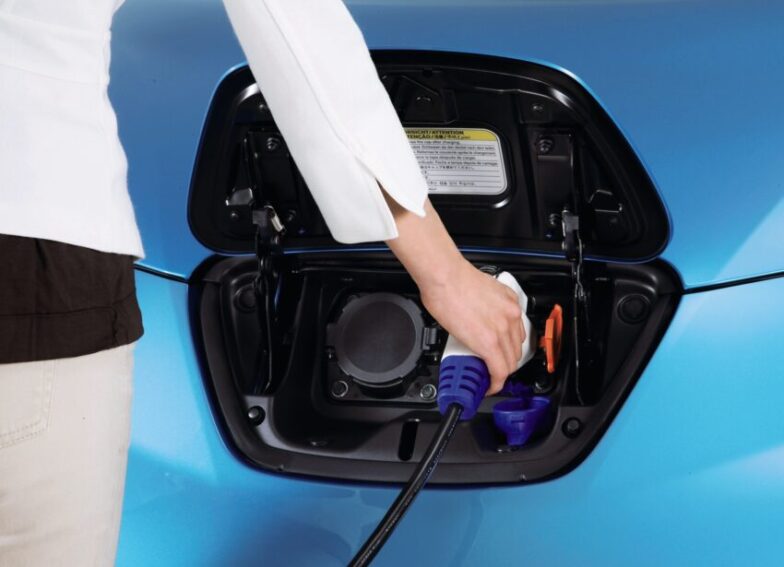
Vodafone to go all-EV a year ahead of schedule
Vodafone looks set to electrify its almost 1,000-strong car fleet by 2026, a year ahead of its original plans.
In 2019, the company announced its intention to switch its company vehicles to EVs as way of becoming net zero emissions by the end of the 2020s, with 2027 as its original cut off point.
Yet by adopting an educational approach via a series of EV-themed seminars and drive events with fleet partner, Arval, the British-based telecommunications giant is now on course to achieve its objective by next year. The decision to drop petrol and diesel and move to an EV-only fleet list in 2021 was also key to speeding up the process.
Regarding this milestone, Vodafone UK property contract manager, Craig Login said: “With the help of Arval UK, we adopted a very structured approach to electrification, looking at everything from detailed whole life cost modelling through to regularly meeting with manufacturers to ensure the latest electric cars meeting our needs were available.
“Also, the role played by Arval UK in educating our drivers, covering factors such as taxation, charging and range, has been a crucial element. We couldn’t have made this transition happen so quickly unless we won the support of our staff.”
Login went on to explain that Vodafone’s Arval-created salary sacrifice scheme was also crucial to Vodafone’s transition to a 100% EV fleet.
“This programme provides a benefit for employees by offering a financially efficient way to access 100% electric vehicles, and we also now offer high power charging facilities across all of our office locations, all of which underlines our overall commitment to electrification.”
Vodafone’s move to offer charging facilities at its UK offices tackles one of the biggest obstacles facing fleet operators in relation to EVs. Earlier this year, the Arval Observatory barometer found that 41% of fleets asked said there are not enough public charging points, with 39% reporting there is no charging at employees’ homes.
Conversely, a survey carried out in June this year by EV advocate group, EVA England, discovered that 91% of motorists who switched from a petrol or diesel car to an EV would not go back to internal combustion.